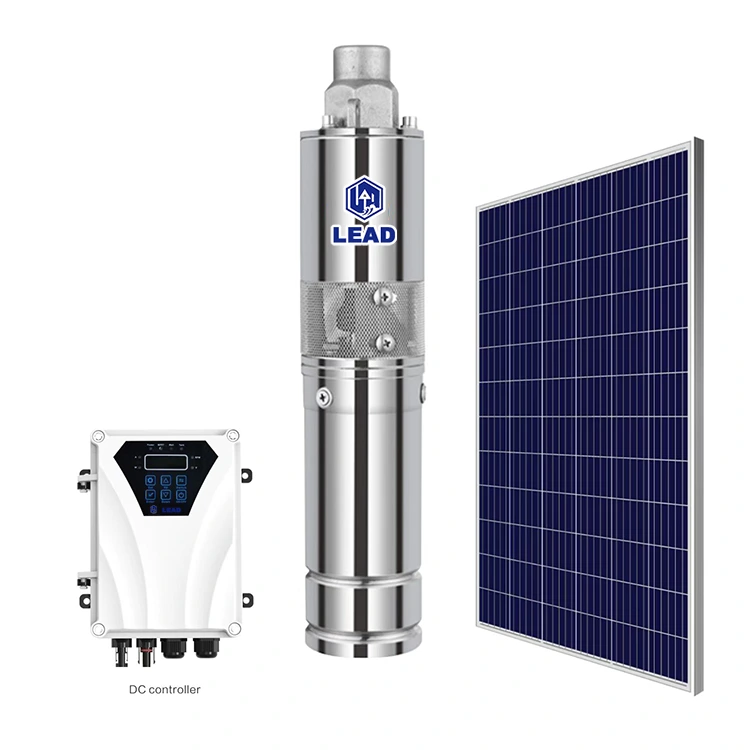How to use Solar Water Pump
2025-04-30
Using a solar water pump involves harnessing solar energy to operate a pump that moves water for irrigation, livestock, or household use. Here's a step-by-step guide to using one:
1. Understand the Components
A basic solar water pumping system includes:
Solar panels – convert sunlight into electricity.
Pump controller – regulates power and protects the pump.
Water pump – submersible or surface, depending on application.
Pipes and storage – to carry and store the water.
2. Installation
Select the right location for solar panels — sunny, unshaded area.
Mount the solar panels securely, ideally facing south (in the Northern Hemisphere) at an optimal tilt.
Install the pump:
Submersible pump: goes inside the well or borehole.
Surface pump: placed above ground, draws from a nearby water source.
Connect the controller between the panels and pump.
Connect piping to deliver water to storage or directly to your field/home.

3. Operation
Once sunlight hits the panels, power is generated.
The controller manages voltage and starts the pump.
Water is pumped through the piping system as long as sunlight is sufficient.
4. Maintenance Tips
Clean solar panels regularly to ensure efficiency.
Check pump and pipes for leaks or clogs.
Inspect wiring and connections occasionally.
5. Best Use Cases
Remote locations without grid access.
Irrigation for farms and gardens.
Supplying water for livestock or household tanks.
If you are interested in our products or have any questions, please feel free to contact us and we will reply you within 24 hours.


